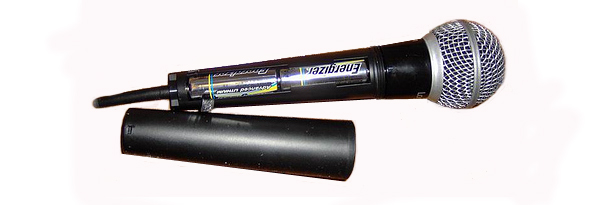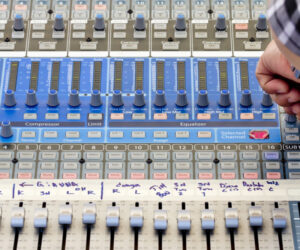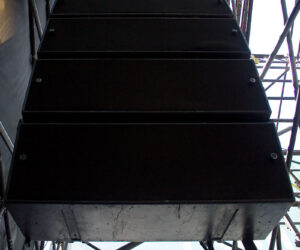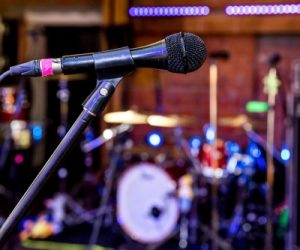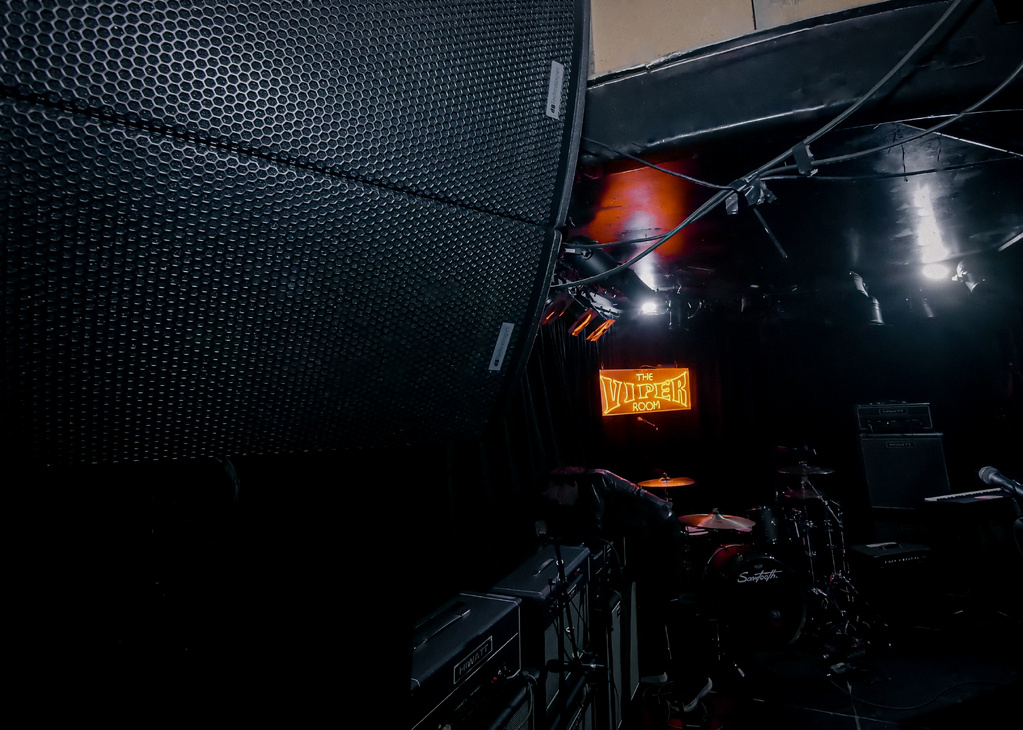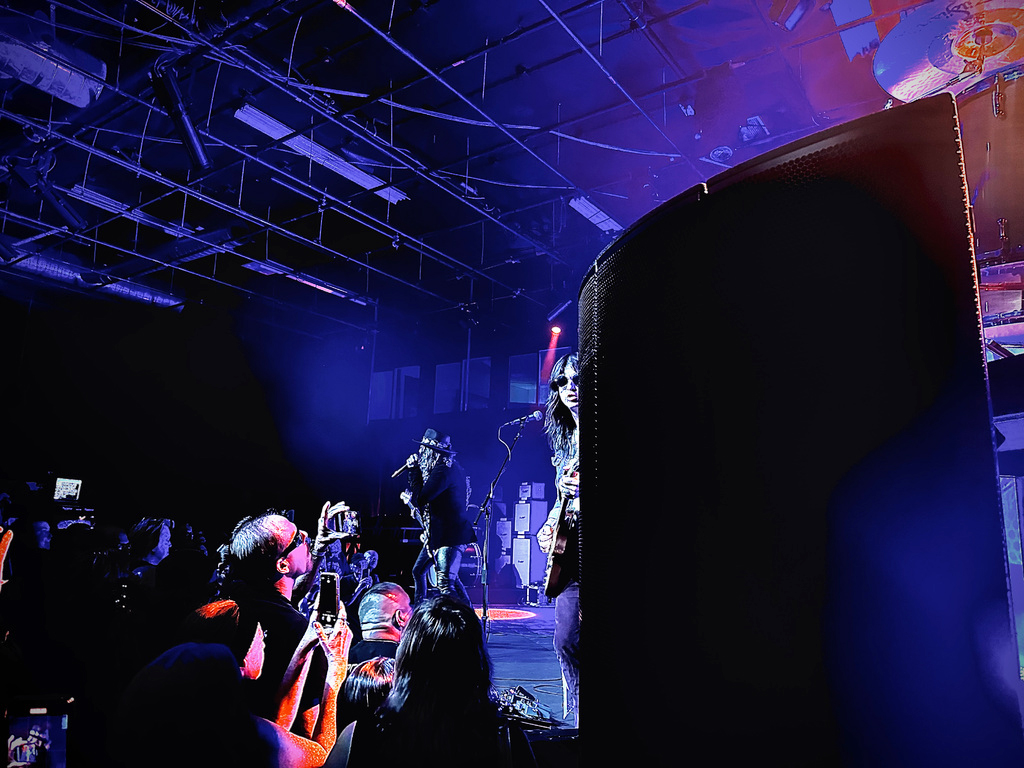I was asked recently about using rechargeable batteries for wireless microphones. I discovered that I have two completely different opinions on the topic:
1) What I say I believe: There’s no two ways about it: batteries are expensive; 9v batteries are the worst, but even AA batteries aren’t cheap in the quantities we need for a largely wireless church stage. Current professional rechargeables are up to the task, and NiMH is a competent technology.
Consumer rechargeables only produce about 7½ volts on their best day, so we don’t go there, but pro batteries can power nearly all wireless well for at least a couple of hours.
I never really liked the memory challenges with NiCad batteries, but with nickel-metal hydride (NiMH) batteries, the batteries are more reliable.
However, some manufacturers like Shure and Lectrosonics, still don’t like using any rechargeable 9v batteries, though they’re not as fussy about rechargeable AA batteries; apparently there are enough differences in the batteries and in the wireless technologies that use them that AA rechargeables aren’t so evil. Fortunately, many wireless manufacturers have moved to AA technology.
2) What I really believe: I don’t use rechargeables for my own church’s wireless, and I have six or eight wireless systems. (I just did a quick survey: nobody here uses rechargeables in their own or their church wireless systems.)
Some of our reasons:
a. Power curve: Rechargeables drain non-linearly. Alkaline drains linearly. That means that an alkaline battery, when it nears the end of its lifespan, is still usable. You know it’s getting tired, because you’re getting a few dropouts. It’s frustrating, but it’s not the end of the service.
When a rechargeable battery starts to go, you have a few seconds until it’s completely dead. If that happens 5 minutes before the service is over, you’re toast, whereas with an alkaline, you can easily cope for that last few minutes.
b. Battery life: Because of the non-linear power curve, an alkaline battery lasts for up to 5 or 6 hours in a wireless. Since my church can run 3 hours (including sound check), rechargeables are a challenge. (Consumer grade rechargeables last a matter of minutes.)
c. Convenience: To make rechargeables work, you need to be more disciplined than I am. You need to take batteries out of all wireless after every service and load them into the rechargers (professional rechargers, not Radio Shack toys), and then re-load back into the wireless before the next service. If you don’t use pro rechargers, they’ll overcharge the batteries left in them for the intervening days; this is not a minor detail, but it’s outside of this conversation.
In addition, you’ll really need to plan on replacing the entire lot annually. They might be good for a couple months more, but I hate the uncertainty.
d. Redundancy: If you use rechargeables, you still need to have a handful of alkalines handy for when (not if) the rechargeables fail.
e. Cost: If you’re comparing consumer grade rechargeables to retail alkalines, there’s a huge advantage for rechargeables, but that’s not the comparison for us. We need to compare pro grade rechargeables (including pro chargers) vs. bulk industrial grade alkalines such as CCI sells. The cost is much closer, and – at least in our opinion – not enough to justify compromising the services.
CCI sells (and I buy) the industrial grade alkaline batteries, which are essentially re-packaged Energizers (sorry, no pink bunnies included) and Duracells (likewise, without copper tops). I buy them in case lots and they’re less expensive than Costco batteries, and they’re certainly more convenient to use and store.
Check out more from David McLain at the Church Soundguy blog.




